Press TV learns: Iran ready for direct talks with European trio in nuclear deal
Press TV learns that Iran has officially announced its readiness for talks with the three European signatories to the 2015 nuclear deal in Tehran or in the trio’s respective capitals, contrary to certain US media claims.
Speaking to Press TV, a source familiar with top Iranian nuclear negotiator Ali Baqeri Kani’s diplomatic efforts in Brussels, Belgium, rejected the US media claims that Iran had responded negatively to a meeting with representatives of the European trio — France, Britain, and Germany.
According to the source, who was speaking on the condition of anonymity, Iran has formally voiced preparedness for direct talks with the three European parties to the nuclear deal, named the Joint Comprehensive Plan of Action (JCPOA).
Iran, the source added, invited the three states for visits to Tehran or offered trips to the trio’s respective capitals for such talks, but it has received no response so far.
Baqeri-Kani is in Brussels to continue “talks on result-oriented negotiations” with the European Union’s Deputy Secretary General Enrique Mora.
In a tweet on Monday, Baqeri-Kani said he would meet Mora, who acts as the coordinator of the 2015 Iran nuclear deal’s Joint Commission, in Brussels to discuss the continuation of talks.
Earlier, a Wall Street Journal journalist had claimed in a series of tweets that the Iranian deputy foreign minister was not willing to meet with representatives of the three European countries involved in the nuclear deal.
Learned one piece of info that really should trouble anyone assuming that Vienna talks are likely in coming weeks. Context is that @Bagheri_Kani has just arrived in Brussels for talks with the EU. Purpose of those talks is, according to officials, to discuss elements of text -1-
— laurence norman (@laurnorman) October 26, 2021
which was worked up from April to June that the new Iran team want clarifications on. The Iranians have also said they want bilats with other JCPOA participants to go through work done. So what's new. In a bid to save time in order to get back to Vienna talks, the E3 said -2-
— laurence norman (@laurnorman) October 26, 2021
to Bagheri in last few days, we'll come to Brussels and you can talk to the EU and us together. That way, we can collectively answer questions you have and we can move more speedily to Vienna. ***Bagheri said no.*** -3-
— laurence norman (@laurnorman) October 26, 2021
Former US president Donald Trump left the JCPOA in May 2018 and re-imposed the anti-Iran sanctions that the deal had lifted.
He also placed additional sanctions on Iran under other pretexts not related to the nuclear case as part of his “maximum pressure” campaign.
Following a year of strategic patience, Iran resorted to its legal rights stipulated in Article 26 of the JCPOA, which grants a party the right to suspend its contractual commitments in case of non-compliance by other signatories and let go of some of the restrictions imposed on its nuclear energy program.
Iran and the remaining parties to JCPOA have held six rounds of talks in Vienna, which began after the US administration of Joe Biden voiced a willingness to rejoin the nuclear agreement, three years after Trump unilaterally withdrew the United States from the deal.
While disagreements on key issues persisted, the participants took a break from the talks after Ebrahim Raeisi emerged victorious in Iran’s June presidential election, and waited for Iran’s democratic transition to take place to continue the talks.
The scope of the sanctions removal and the need for the US to guarantee that it would not ditch the JCPOA again are among the key issues not settled during the administration of former Iranian President Hassan Rouhani.
In recent weeks, there has been mounting pressure on Tehran to return to the negotiating table. The Raeisi administration has announced on several occasions that it will resume the talks only to remove all of the United States’ illegal sanctions and that it will not take part in negotiations for the sake of negotiations.
The veracity of Turkish support for Palestine
Iran Navy to receive ‘unique’ indigenous Zagros combat destroyer
VIDEO | The escalation in Gaza
Los Angeles braces for strong winds threatening to intensify devouring wildfires
Israel kills over 50 Palestinians in Gaza in single day: Civil Defense
Retaliation rages: Yemeni missile strikes Israeli war ministry in Tel Aviv; over a dozen injured
VIDEO | Italian TV show exposes close links between Israeli lobby, EU institutions
VIDEO | Captured NATO vehicles featured near Russian museum


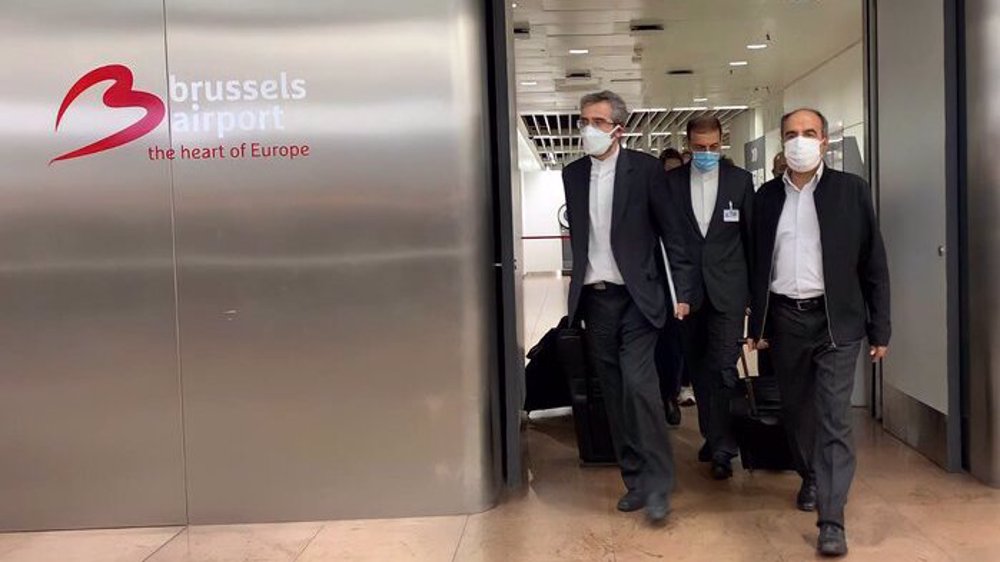
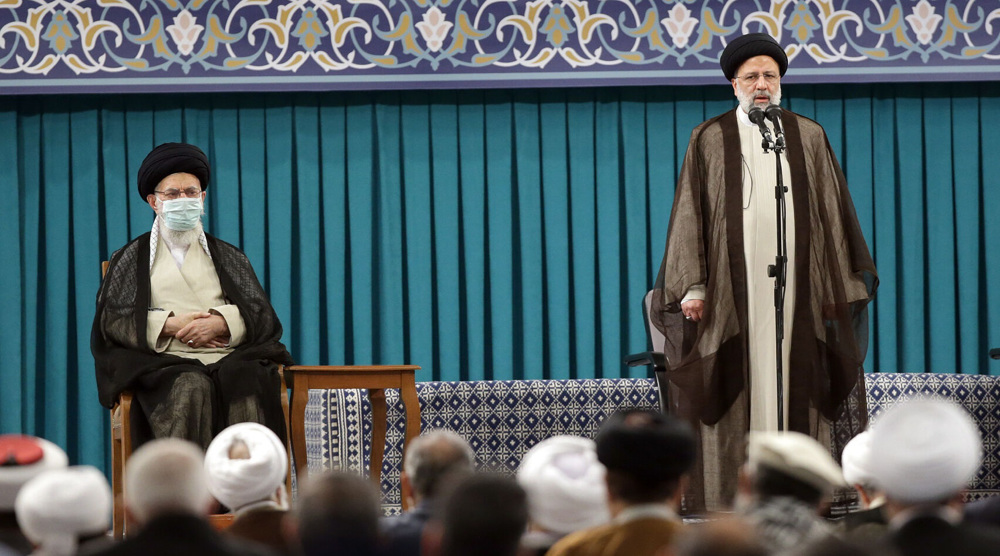
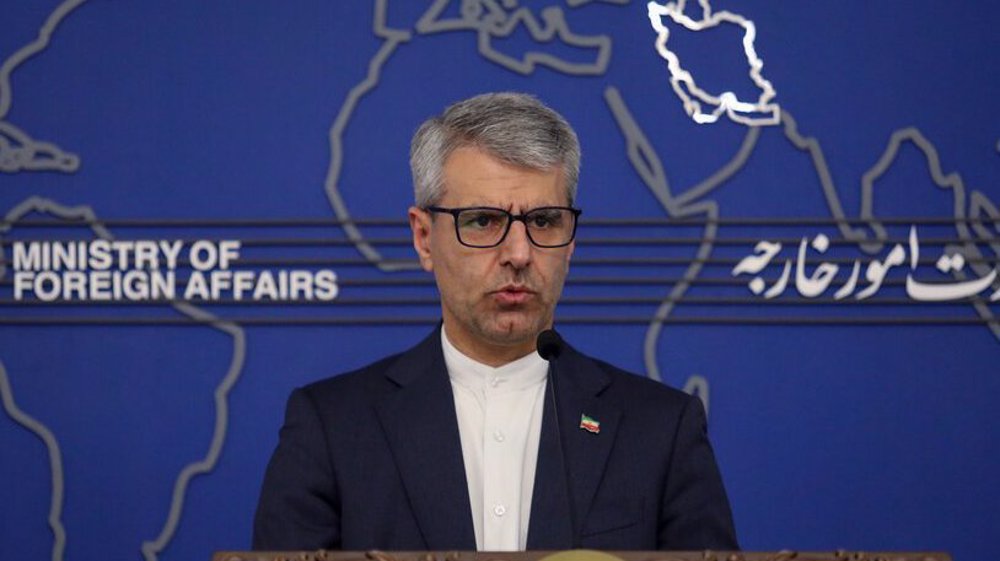
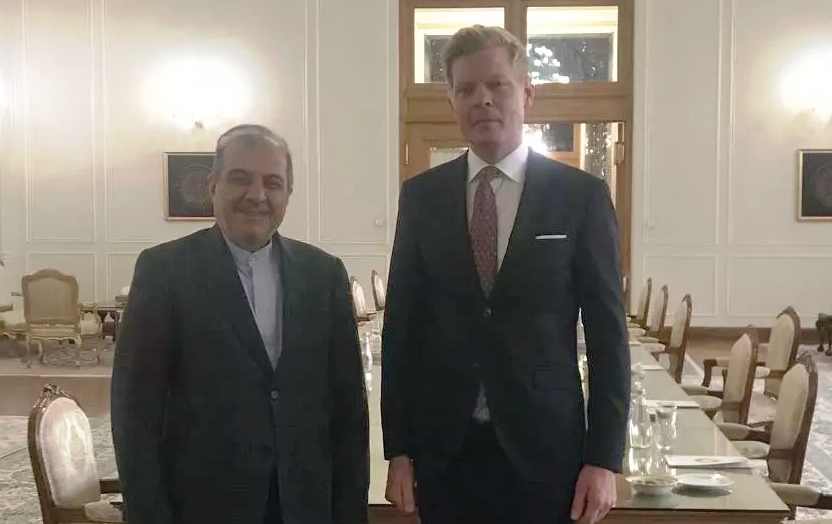
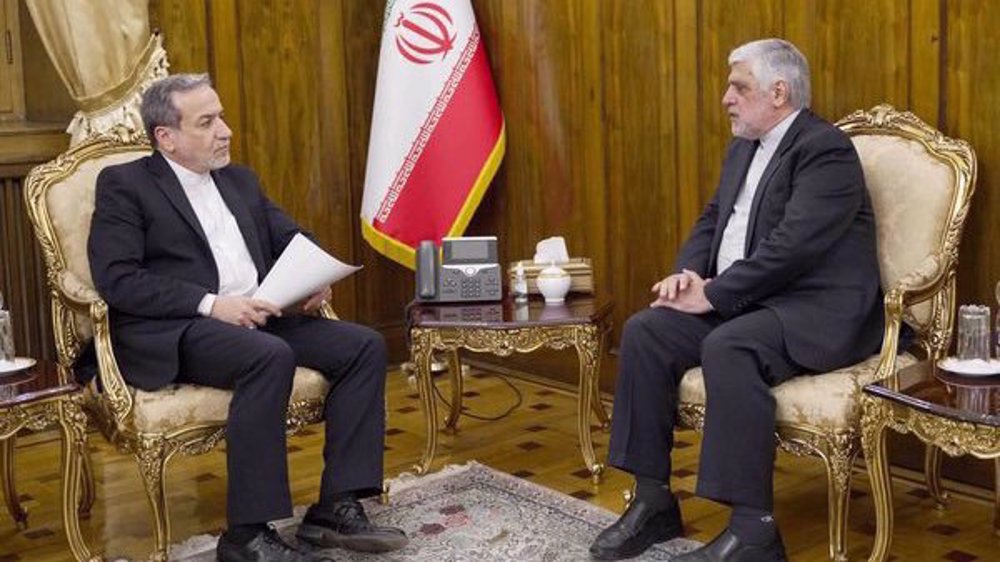



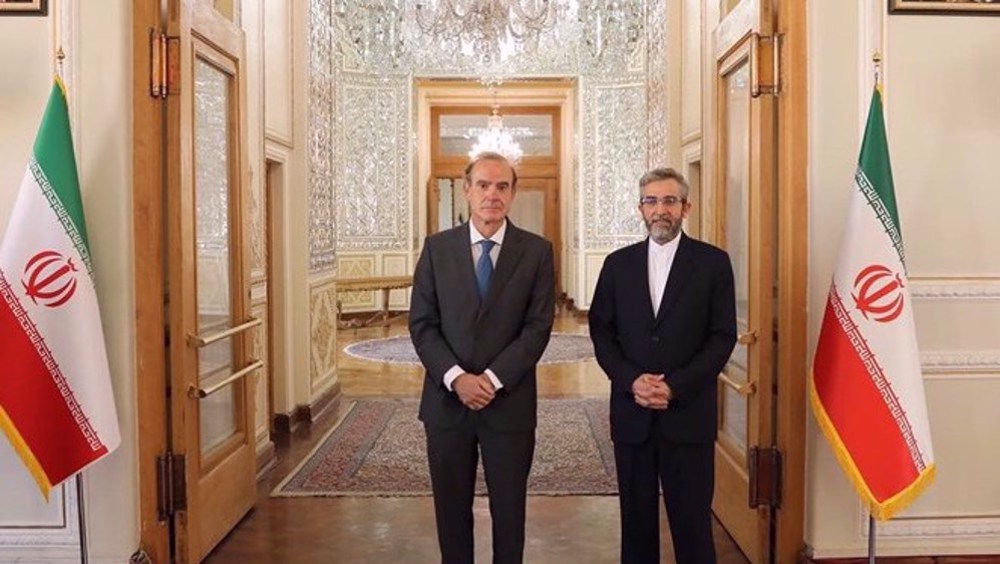
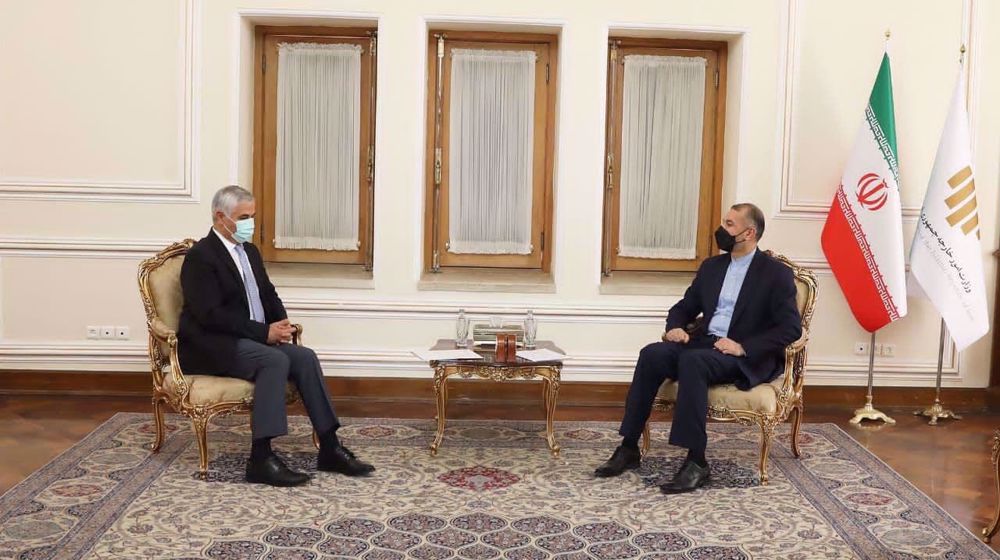
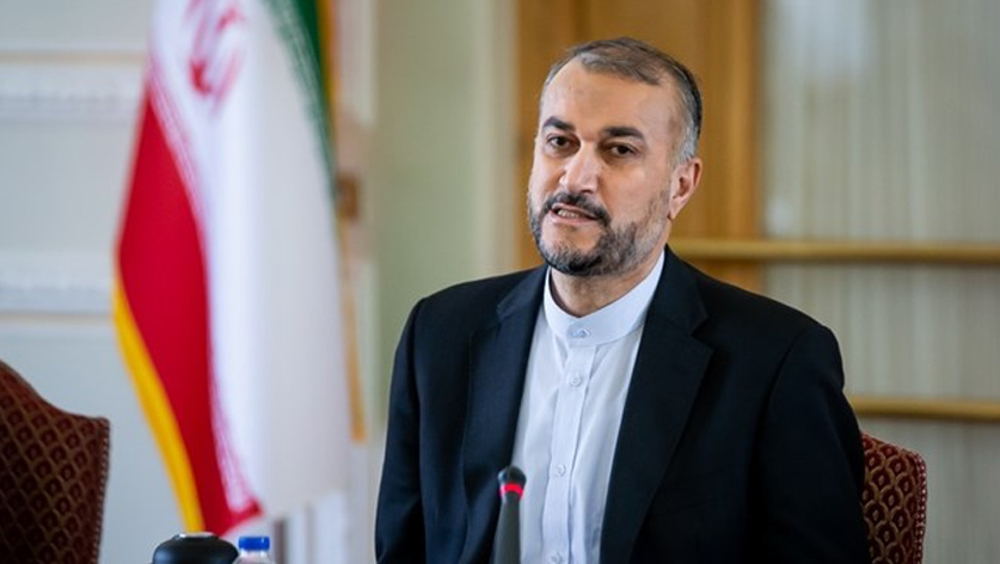
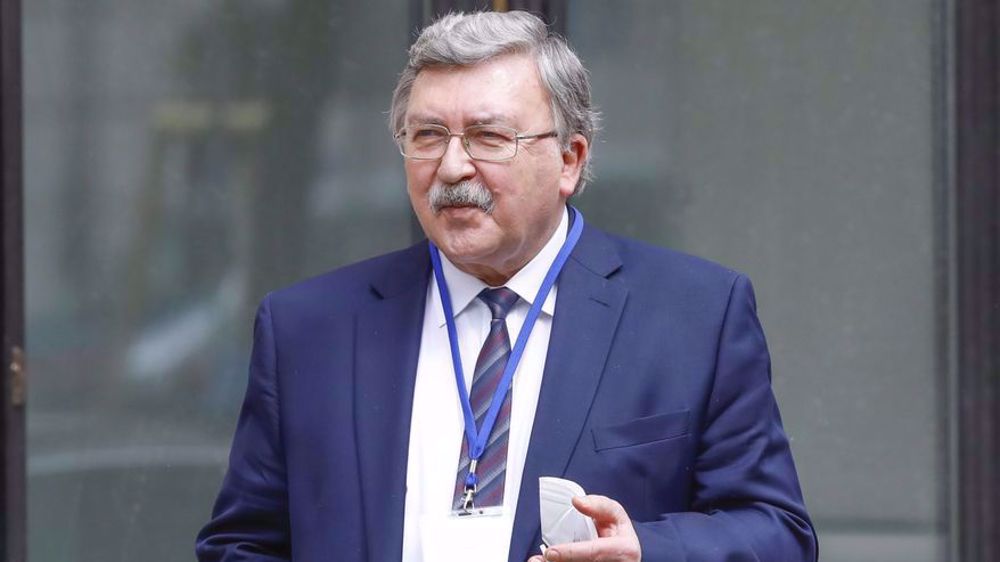
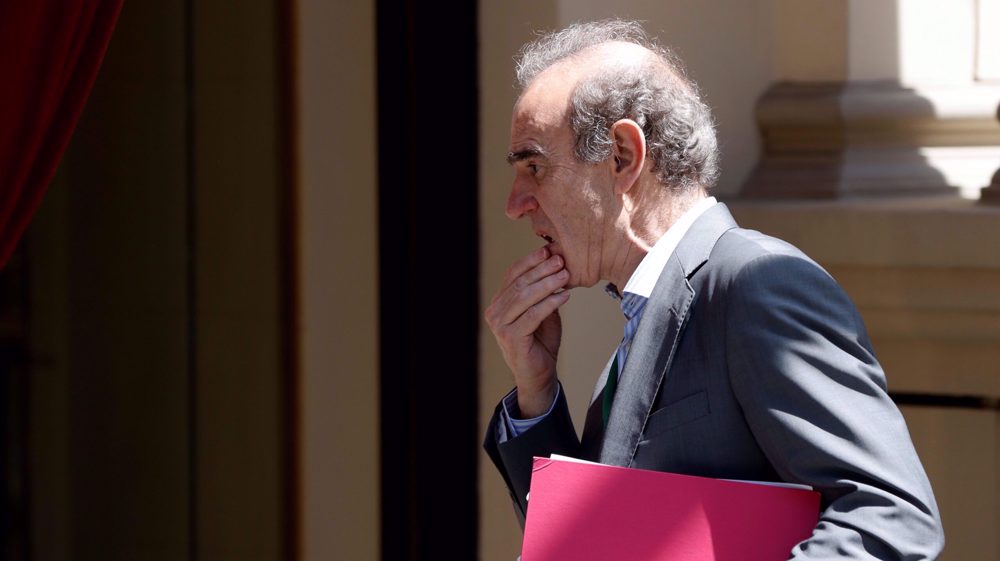
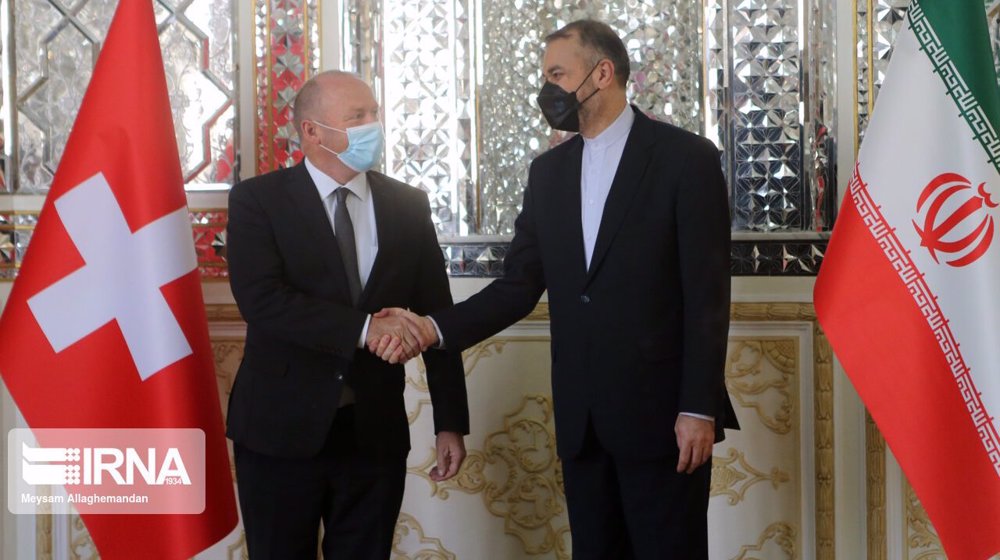

 This makes it easy to access the Press TV website
This makes it easy to access the Press TV website